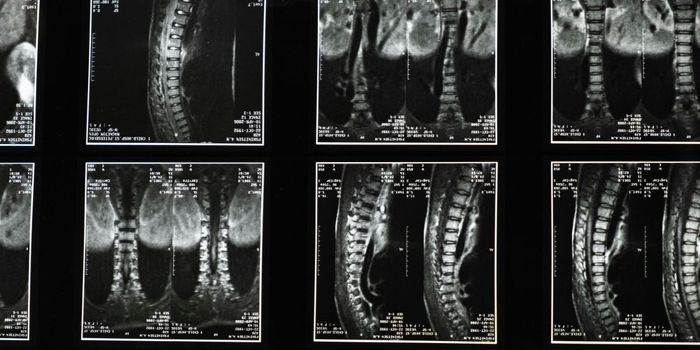Artificial Sweetener Linked to Anxiety-Like Behavior in Mice

Aspartame is a popular artificial sweetener that was approved by the US Food and Drug Administration (FDA) in 1981. Since then, it has been added to many food products consumed by men, women, pregnant women, and children.
While some research suggests that the sweetener may affect the central nervous system and cancer risk, there is currently no consensus on many of its potential health effects. In the current study, researchers sought to explore its effects on the brain.
For the study, the researchers gave mice water with 3-15.5% of the maximum recommended FDA human daily intake of aspartame, or plain drinking water, for several weeks. They then observed the mice’s behavior and that of their descendants for four years.
While daily exposure to aspartame did not produce significant changes to metabolic biomarkers in the mice, the researchers found that anxiety-like behavior emerged after 6-8 weeks of daily aspartame consumption in a dose-dependent manner. They noted that anxiety-related behavior was alleviated by diazepam, a drug used to treat generalized anxiety disorder.
From further tests, the researchers found that aspartame exposure led to changes in gene expression in the amygdala- an area of the brain that regulates anxiety and fear. They additionally found that these changes appeared in up to two generations descending from male mice exposed to the sweetener.
"What this study is showing is we need to look back at the environmental factors, because what we see today is not only what's happening today, but what happened two generations ago and maybe even longer," co-author Pradeep Bhide, the Jim, and Betty Ann Rodgers Eminent Scholar Chair of Developmental Neuroscience in the Department of Biomedical Sciences at Florida State University, said in a press release.
The researchers now plan to publish additional research from the study detailing how aspartame affects memory. In the future, they also hope to identify the molecular mechanisms underlying aspartame’s intergenerational effects.
Sources: Science Daily, PNAS








